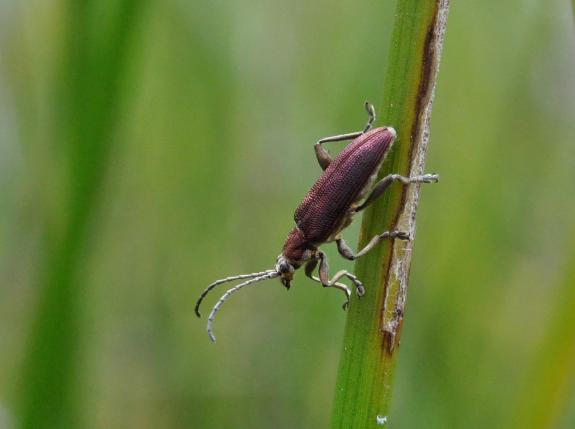In its laboratories, breeding chambers and greenhouses, the Max Planck Institute is particularly dedicated to researching the coexistence of plants and insects. This can take very different forms depending on the plant and insect in question. Herbivorous insects destroy huge quantities of food and raw materials worldwide, which would be needed all the more in view of a growing world population with constant or even decreasing arable land. In turn, countless insect species are indispensable for our ecosystems: as pollinators of many plants, or as beneficial insects that successfully keep pests away from our crops.
We dedicate a separate exhibition to our living test objects and show many different species that we are researching. Some of them do not even occur in Europe, but in other parts of our planet. Special attention is paid to microorganisms, which play an important role in the evolutionary success of insects as symbiotic partners.
Each insect species is presented live and, depending on its stage of development, as a larva or nymph or as an adult (beetle, bug, aphid, moth, fly). Small fact sheets summarize the most important information about the biology, distribution and other special features. Of course, we also explain why we are researching these insects in particular and what makes them so special.

